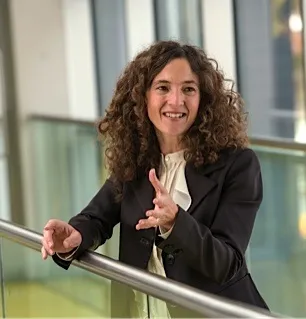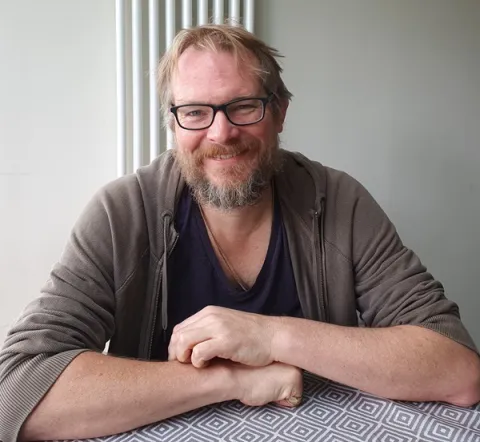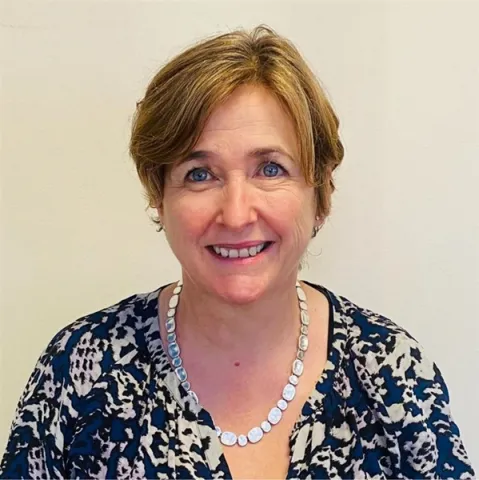Project overview
Women and young girls who are driven by necessity to leave their countries in Central and South America (often on basis of gendered threats such as sexual violence) face a range of gender-specific threats to their health and well-being both in the process of migrating and in the places of settlement that they reach. Sexual and reproductive health is a key component of social development and well-being that is particularly at risk in contexts of displacement (risks of rape and sexual assault, of sexual disease, of lack of contraception or sanitary materials are all features of processes of forced displacement in this region and elsewhere) and the ability of displaced women and girls to access and exercise their sexual and reproductive health rights faces a number of obstacles. These can range in the immediate local context from lack of awareness of rights or of the practical knowledge and skills to negotiate health systems on the part of displaced women and girls to the lack of capacity of local health services to address the needs of displaced females, where these immediate problems point to wider issues of national and regional health governance, of the need for effective planning for flexible responsiveness to crises of displacement that may become protracted and the fair sharing of responsibility for securing rights protection. This matters not only because securing these rights is integral to recognising the dignity of women and girls, but also because it is critical to enabling displaced women and girls to act as agents of development, as productive social and economic agents whose activities support the achievement of Sustainable Development Goals. ReGHID will
•identify the sexual and reproductive health needs of women and adolescent girls displaced from Central America to Mexico and from Venezuela to Brazil and Colombia;
•analyse the challenges that displaced women and girls face in relation to SRH;
•assess the impact of displacement on local health systems in the area of SRH, noting the obligations of receiving and transit states to ensure that the human right to health for all is respected and protected;
•produce original primary data about gendered patterns of inequalities affecting access to and delivery of care in women and girls’ SRH during displacement.
It does so in order to propose human rights-based and deliverable responses addressing (a) the immediate and longer-term SRH needs of women and adolescent girls in displacement, including guidance, skills and information to equip them to articulate their SRHR; and (b) a responsive Comprehensive Healthcare Model as a policy solution to protect the SRHR of migrant women and girls in contexts of protracted displacement.
To be able to do this work, the project has been co-designed, and will be cooperatively carried out, through a partnership between academics and major UN and NGO agencies from the fields of migration, displacement, aid and development. The project will be delivered by an interdisciplinary and international consortium that unites leading academics from health economics, political science, demography and social statistics, international development, human rights, gender studies, anthropology, migration and public health. Participants are drawn from leading research institutions in Central and South America region (Honduras, El Salvador, Brazil, Colombia and Mexico), the Universities of Southampton and York. It benefits from the participation of key regional intergovernmental and non-governmental organisations including the Council of Ministries of Health for Central America (COMISCA), the regional office of the International Organisation for Migrations (IOM), Medicos Sin Frontera (MSF, Mexico), United Nations Population Fund (UNFPA), and FLACSO/Costa Rica. The consortium represents a unique balance of relevant research and policy experience.
•identify the sexual and reproductive health needs of women and adolescent girls displaced from Central America to Mexico and from Venezuela to Brazil and Colombia;
•analyse the challenges that displaced women and girls face in relation to SRH;
•assess the impact of displacement on local health systems in the area of SRH, noting the obligations of receiving and transit states to ensure that the human right to health for all is respected and protected;
•produce original primary data about gendered patterns of inequalities affecting access to and delivery of care in women and girls’ SRH during displacement.
It does so in order to propose human rights-based and deliverable responses addressing (a) the immediate and longer-term SRH needs of women and adolescent girls in displacement, including guidance, skills and information to equip them to articulate their SRHR; and (b) a responsive Comprehensive Healthcare Model as a policy solution to protect the SRHR of migrant women and girls in contexts of protracted displacement.
To be able to do this work, the project has been co-designed, and will be cooperatively carried out, through a partnership between academics and major UN and NGO agencies from the fields of migration, displacement, aid and development. The project will be delivered by an interdisciplinary and international consortium that unites leading academics from health economics, political science, demography and social statistics, international development, human rights, gender studies, anthropology, migration and public health. Participants are drawn from leading research institutions in Central and South America region (Honduras, El Salvador, Brazil, Colombia and Mexico), the Universities of Southampton and York. It benefits from the participation of key regional intergovernmental and non-governmental organisations including the Council of Ministries of Health for Central America (COMISCA), the regional office of the International Organisation for Migrations (IOM), Medicos Sin Frontera (MSF, Mexico), United Nations Population Fund (UNFPA), and FLACSO/Costa Rica. The consortium represents a unique balance of relevant research and policy experience.
Staff
Lead researchers
Other researchers
Collaborating research institutes, centres and groups
Research outputs
Pia Riggirozzi & Cintia Quiliconi,
2025, International Affairs
Type: article
Gloria Zuccarelli, Pía Riggirozzi, David Owen & Natalia Cintra,
2025, Migration Studies, 13(2)
Type: article
Pia Riggirozzi, Natalia Cintra & David Owen,
2025, International Migration Review
Type: article
Leidy Janeth Erazo Chavez, Zeni Carvalho Lamy, Larissa da Costa Veloso, Laura Froes Nunes da Silva, Ana Maria Ramos Goulart, Natalia Cintra, Sarah Neal & Pía Riggirozzi,
2024, Journal of Migration and Health, 10
Type: article
Tallulah Lines, Bruna Curcio, Jean Grugel, Pia Riggirozzi & Natalia Cintra,
2024, Bulletin of Latin American Research
DOI: 10.1111/blar.13579
Type: article
Maria do Carmo Leal, Thaiza Dutra Gomes de Carvalho, Yammê Ramos Portella Santos, Rita Suely Bacuri de Queiroz, Paula Andrea Morelli Fonseca, Celia Landmann Szwarcwald & Pía Riggirozzi,
2024, BMC Public Health, 24(1)
Type: article



